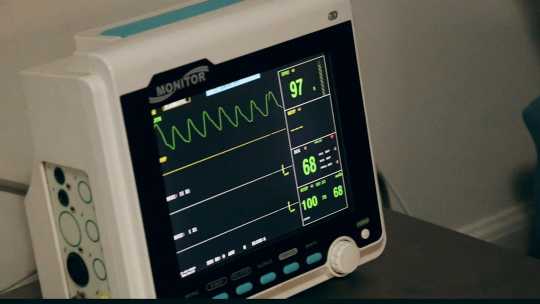In the healthcare field, being prepared for emergencies is crucial. One way to ensure that healthcare professionals are equipped to handle emergencies effectively is by obtaining Basic Life Support (BLS) certification. BLS certification is essential for healthcare professionals as it provides them with the necessary skills and knowledge to respond appropriately in emergency situations.
What is BLS certification?
BLS certification is a training program that teaches healthcare professionals the basic skills needed to provide life-saving interventions in critical situations. These interventions include cardiopulmonary resuscitation (CPR), clearing airway obstructions, and using automated external defibrillators (AEDs). BLS certification is typically obtained through a recognized training provider, such as the American Heart Association or the Red Cross.
Why is BLS certification important?
BLS certification is important for several reasons. First and foremost, it can save lives. In emergency situations such as cardiac arrest, every second counts, and having a healthcare professional who is trained in BLS can make all the difference. BLS certification also ensures that healthcare professionals are up to date on the latest guidelines and protocols for providing emergency care. This knowledge is essential for delivering high-quality care and improving patient outcomes.
Who needs BLS certification?
BLS certification is recommended for a wide range of healthcare professionals, including doctors, nurses, paramedics, and EMTs. In addition, BLS certification is often required for individuals working in settings such as hospitals, clinics, and long-term care facilities. Even non-healthcare professionals, such as teachers, coaches, and childcare providers, can benefit from BLS certification as they may encounter emergencies in their line of work.
How to obtain BLS certification?
To obtain BLS certification, healthcare professionals must complete a BLS training course through a recognized training provider. The course typically includes hands-on training in CPR, AED use, and other life-saving interventions. Upon successful completion of the course, participants will receive a BLS certification card, which is valid for a certain period of time (usually two years) before needing to be renewed.
In conclusion, BLS certification is a vital training program that every healthcare professional should consider. It provides the skills and knowledge needed to respond effectively in emergency situations and can make a significant difference in the outcome of a patient’s care. By obtaining BLS certification, healthcare professionals can ensure that they are prepared to handle emergencies with confidence and competence.

